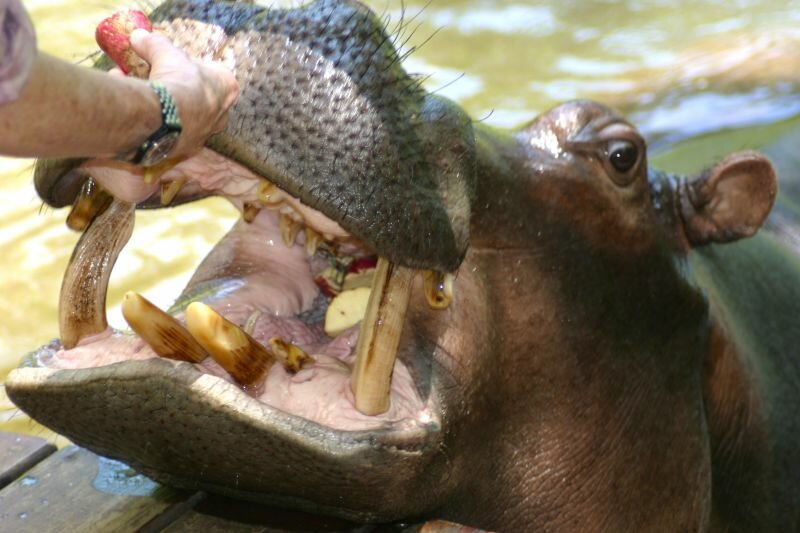
A
Annelein Pompe
writer, studies at the film academy in Gent, Belgium

06.10.2013

As a child I had the wish to befriend a Siberian tiger. I can completely relate to that inner desire that many people have to be among wild animals. It's an amazing thing to see it when it works: some people manage to swim with tigers and hug wild bears.
When those two worlds meet or collide (sometimes resulting in the dismembering of an arm or of bodies being crushed,) I sense the overwhelming beauty of the situation. I often find that beauty on YouTube. There are hundreds of clips of people living with wolves, juggling with tigers. One of the videos takes place in a zoo.
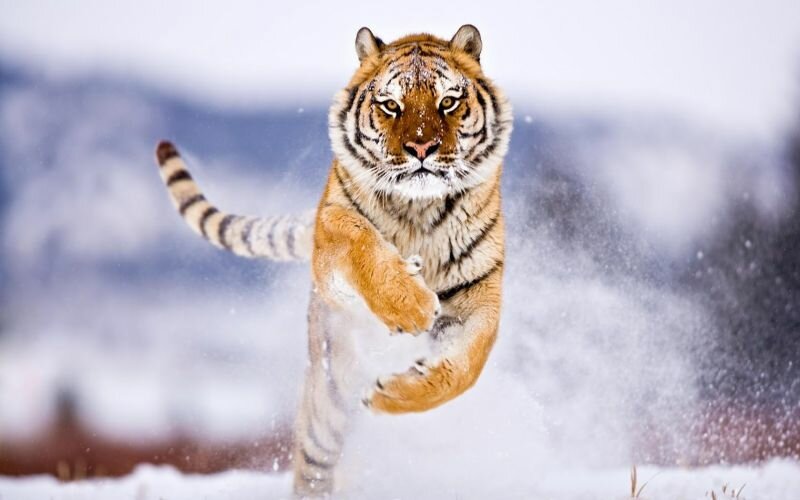
A polar bear gets hold of the chubby leg of a typical tourist. The women had climbed over the fence and wanted to look at Blinky (his name) up close. It turned out to be a risky situation.
For the tourist, this was not a very logical thing to do. For the polar bear, it was.
My imagination is not only triggered by the fact that
From the safety of my bedroom, my imagination is not only triggered by the fact that I’m watching a polar bear named Blinky adorably sink his teeth deeper into a tourist steak on Youtube. But it’s also that I get to see Blinky as a real animal.He comes to life. Blinky momentarily experiences that his true nature lies within the borderline between the pathways on which visitors stand gawking at him and his cage.
Call it instinct, call it boredom. But what Blinky does, is not easy to explain. It just is. The name Blinky disappears with each bite he takes. Because in between the bars of his cage lies the real world where the bear might know his name or he might not.
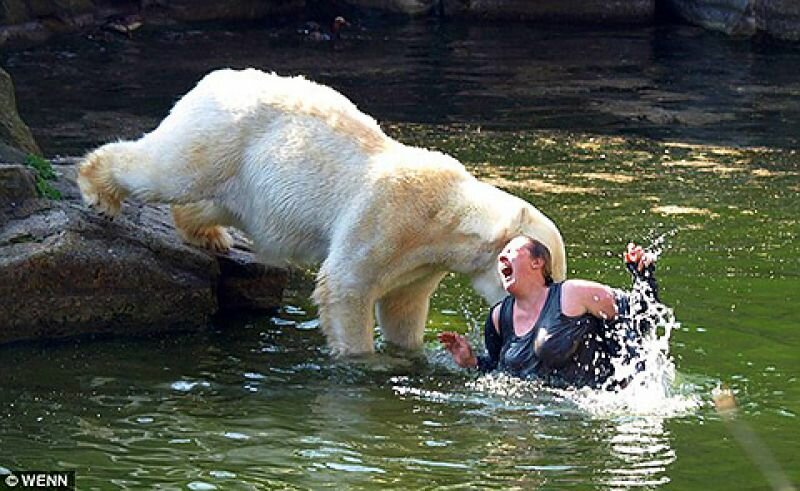
John Berger writes that animal have been marginalised in our society because of our tendency to turn animals into products of our life. It relates to the given of dogs strongly resembling their owner. And in that margin, wild animals explore the borders of their imprisonment. A drunk tourist in a football shirt with waxy spikes on his head bangs on the glass wall surrounding a wild animal that lays on his back like some couch potato. 'For the bloody love of God, do something!' roars the man.
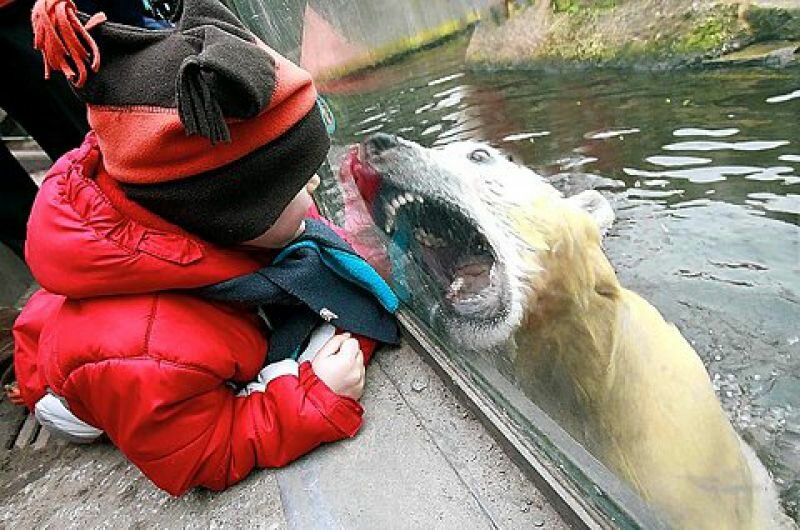
I'm thinking of the man who lives inside a whale. According to people, the bars of imprisonment in Disney movies or Biblical stories mainly exist out of the skin or mouths of the animals, trying to penetrate or open humans. Just like Jonah.
The impossibility of being with wild animals makes me want to try it myself. I think people who want to pet tigers are crazy, but I am tempted to try it myself. To kiss each other like lovers, press our heads against each other. Our brains should blend. The twisting of the tongue, the muscle in our body that can turn miniscule particles into big things.
Fortunately, a dog has a shape and doesn't float through the room like batter. Luckily we get to adore and pet our dogs and cats. And maybe even send them into space for the sake of experiment.
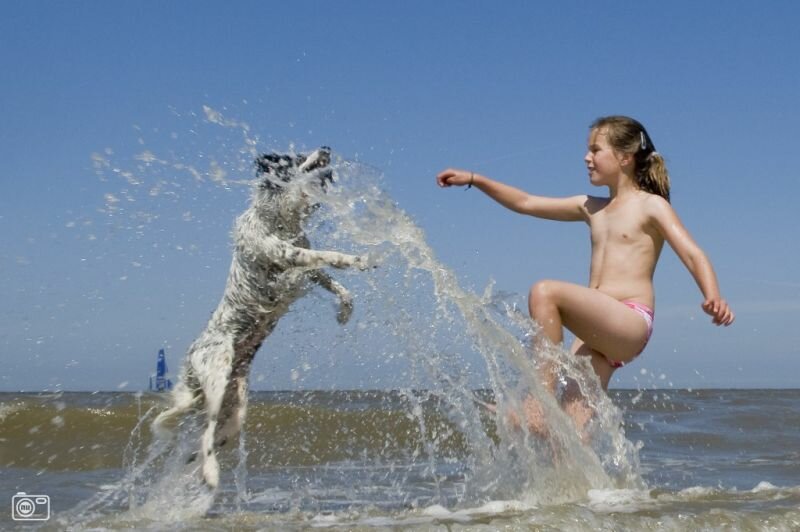


06.10.2013
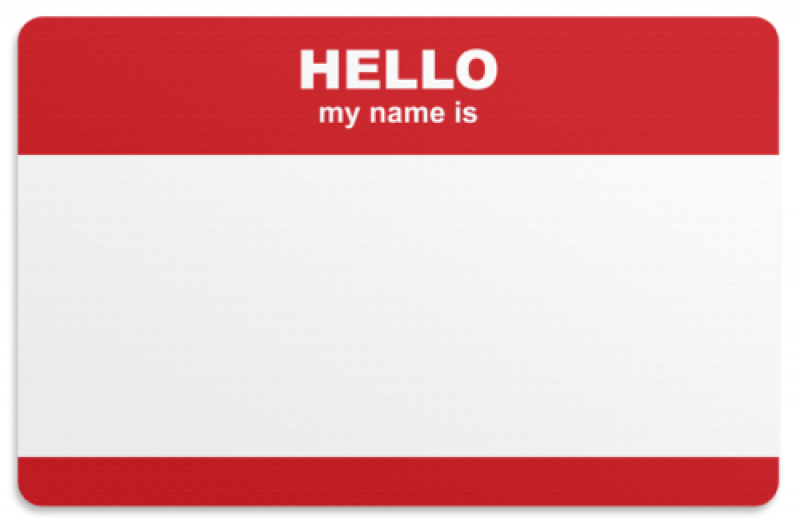
The first time I noticed how interesting the effect of name giving was to me, was during my first year at the Rietveld Art Academy.
'Create a panorama.' That was the assignment.
As a perfect example of my generation I didn't find out how to actually make a panorama, instead I went to see the dentist and asked him to make a frontal x-ray of my teeth. I printed it on an A3 and thought: this is a panorama and I'm going to call it 'City by night'. The text belonging to an image can unlock or represent an entire world. The tension between the word, its meaning, the image and its visibility can serve as a playground. Marcel Duchamp referred to the function of the title in arts as an invisible colour.
Sometimes the invisible is a promise. Like a pregnant belly. What's inside, will receive a name. It's the cherry on top.

Today I want to talk about names because life begins with having a name. I will introduce name giving with a juicy piece of gossip. I thought I had reached closure in my first sad love story when I was eighteen years old. But the final scene came later.

I rebooted my computer and logged on and off of Facebook but the site was not the problem. By naming his daughter Annelein he had managed to create a connection between him and me.
Of course we are not really connected. Of course it's only a name. Every sane person knows there's no harm here. Then why did it feel so poisonous?
The gesture is so much bigger than the actual event. It's an exercise of power.
‘What’s in a name? That which we call a rose. By any other name would smell as sweet’

The North American Indian treated his name as a part of the self. His name is just as important as his eyes or teeth. Malignant use of his name is as harmful as hurting his body. There are Aboriginals who keep their names a secret to protect themselves against evil. There are Indian tribes that demand their members to change their names after one of the members has died. Some Indians have to deserve their name, until that time they are called 'boy' or 'girl'. Other Indians will never say their own name out loud when they're close to a river because the water can take away their soul and evil will get hold on them.
People have names, art works have titles, products carry a brand, plants and animals have a terminology.
If I remember correctly there are Aboriginals whose names refer to natural phenomena. The name Karla could, for example, mean 'fire'. When that person dies, they never use that name again and have to come up with a different name for 'fire'. That's how their worldview is under constant change. The associations connected to the word 'fire' will have to be reborn.
In theory I appreciate a worldview that claims authority in this way. Not because I am willing to view the world in the same way and not because I would be able to, but because you never know when Karla is going to die.

Some people speak on behalf of the law; others speak on behalf of art. There's always a connection between claiming power and the usage of names. Americans tell me: 'Hi! What's your name? Annelein? Oh hi, Annelein. Nice to meet you Annelein.'
A friend of mine thinks it's disgusting that cashiers are forced to wear nametags. It makes them submissive.
You can tag someone and reduce him or her to a notion. Or, in the case of products, turn their name into a concept.

